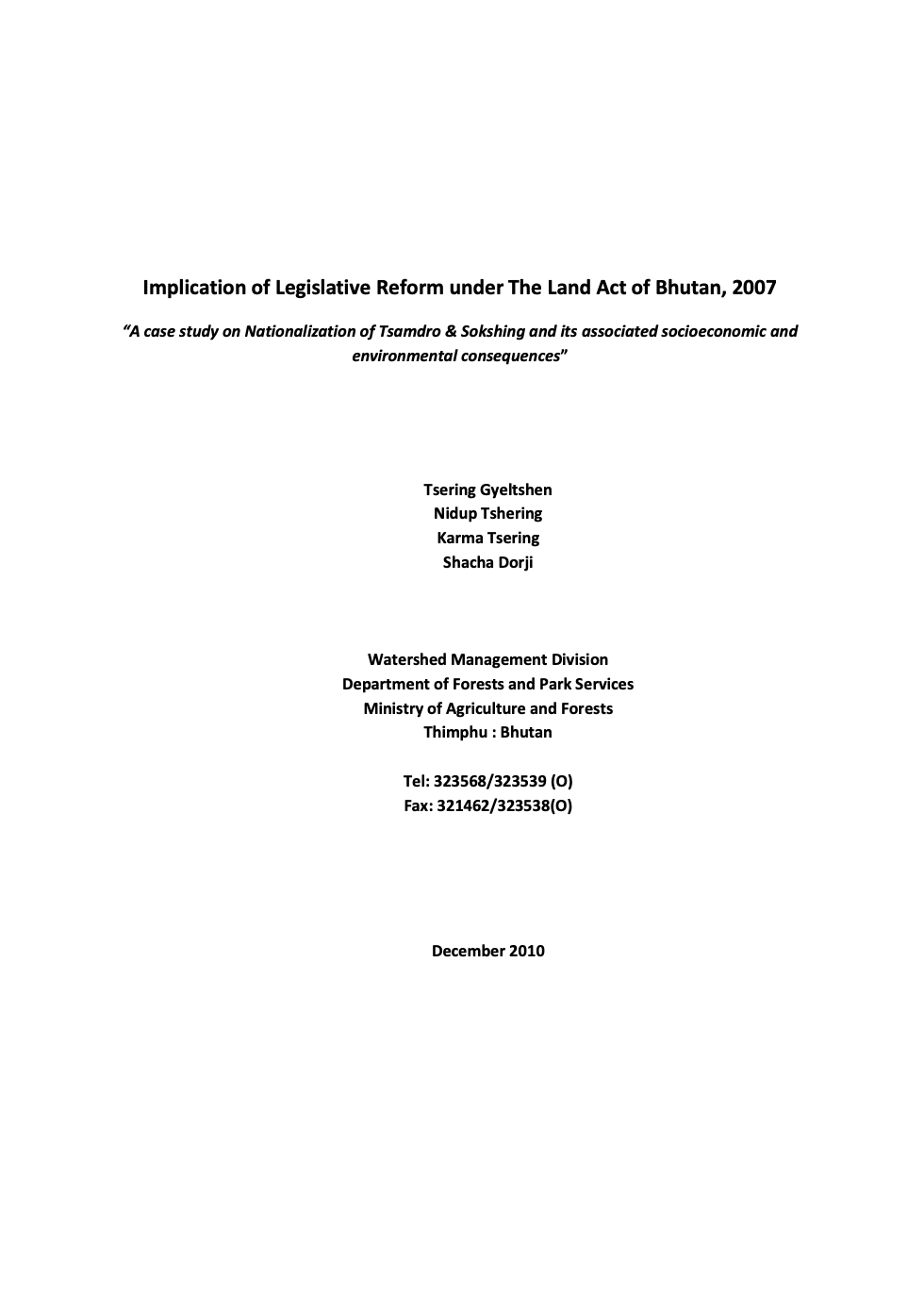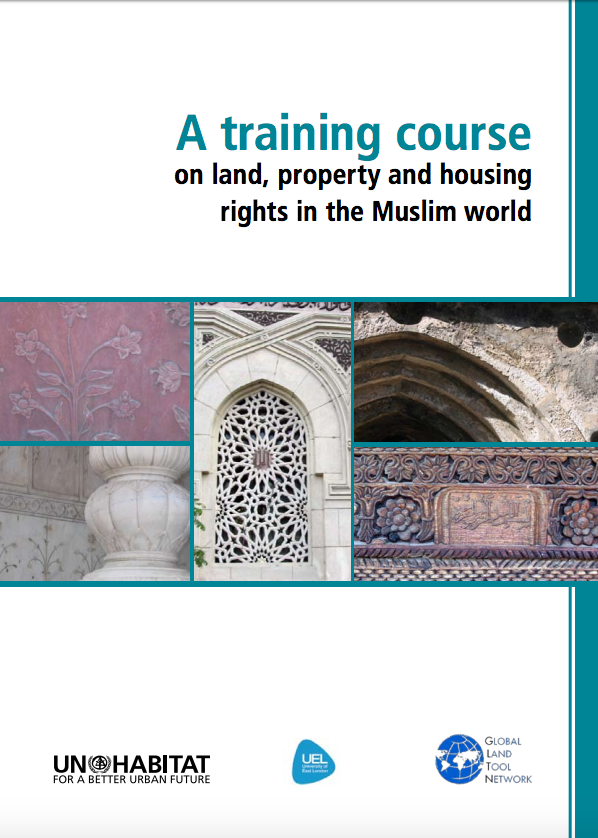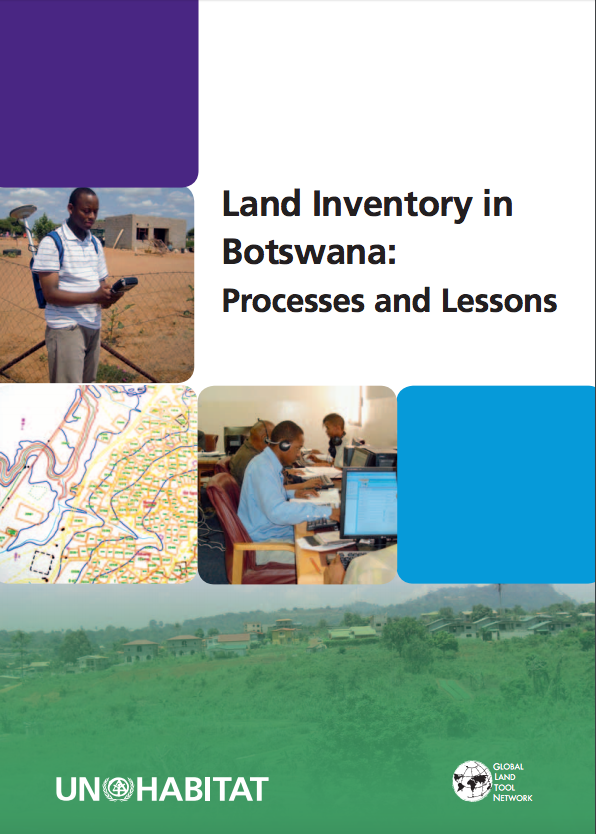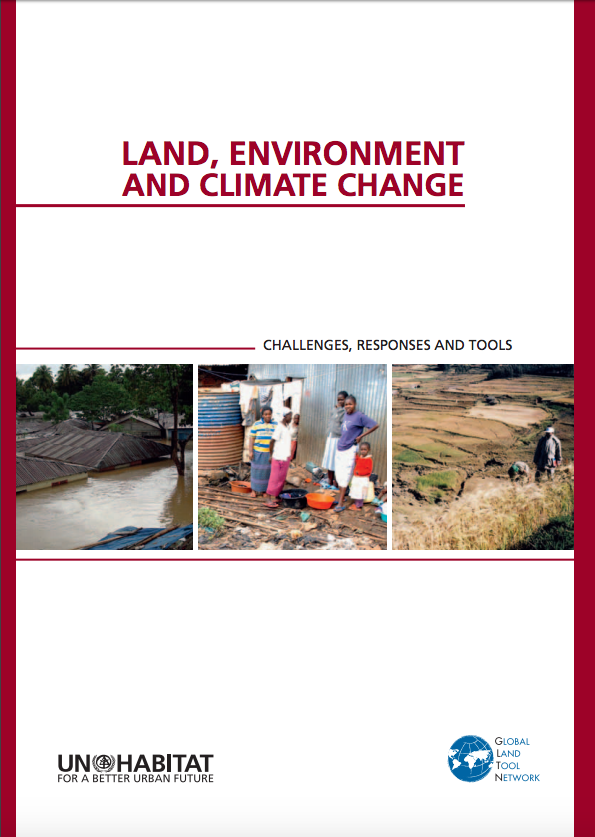The effect of rural land registration and certification programme on farmers’ investments in soil conservation and land management in the Central Rift Valley of Ethiopia.
Land degradation is a major problem in almost all the countries. In most of the developing countries, population pressure and small farm sizes, land tenure insecurity, land redistribution, limited access to credits and limited education are the factors leading to unsustainable land management. In Ethiopia, among many factors, tenure insecurity is considered as a main problem for land degradation. The frequent land redistribution and the changing pattern of land ownership with the change in Government made the farmers insecure of their land resulting in not making land related investments.








